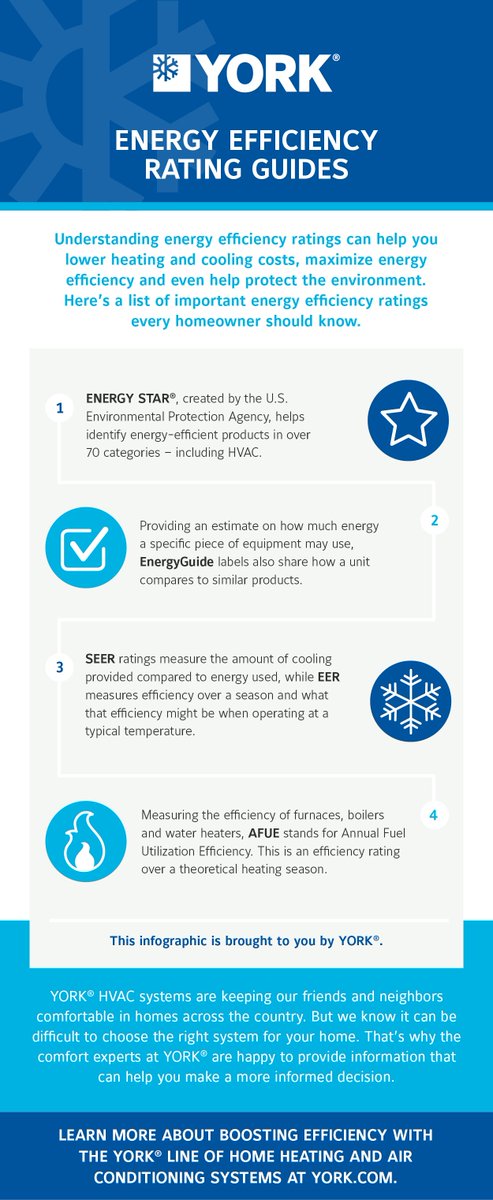Heatpump Vs Furnace - Which Is The Better Home Heating Alternative For Your Home?
Heatpump Vs Furnace - Which Is The Better Home Heating Alternative For Your Home?
Blog Article
Written By-Bonner Mosegaard
Many property owners are familiar with heaters, which warmth homes with oil or natural gas and press hot air via ductwork. They are relatively cost-effective and can offer dependable home heating also during a winter season power blackout.
Nonetheless, they make use of nonrenewable fuel sources and produce carbon monoxide and other air pollution. They likewise aren't as energy-efficient as a high-efficiency heatpump.
Cost
Typically, heat pumps are more inexpensive to run than furnaces. They normally make use of electricity and cooling agent to essence warm from outdoor air, and after that transfer it into your home. https://kevsbest.com/hvac-services-in-charlotte/ can make use of less costly power prices during off-peak hours to even more reduce your heating costs.
Unlike heat pumps, gas or wood-burning heating systems use combustion to generate warm, sending out flue gases right into the ambience that can be damaging to your health. These furnaces are additionally less energy-efficient than heatpump, and their greater operating expense can add up over time.
Heaters are more complex than heat pumps and call for regular upkeep to make sure the appropriate function of all parts. Despite this, they often tend to last longer than heatpump with a regular life-span of two decades or more. However, you'll need to factor in the cost of gas, gas oil or wood and the extra devices required for installation and operation such as air ducts and ventilation systems.
Power Efficiency
Heat pumps have a greater energy performance score than furnaces. These systems use electricity to feed on heat from the air, also in freezing temperature levels. They can additionally eliminate excess warmth from the home during warmer months and recycle it to cool down the system. Service provider specialists can help you identify the most effective model for your home based on climate and source energy expenses.
Furnaces shed gas oil, gas, gas or various other sorts of fossil fuel to warm the air in the home. This air is after that distributed via ductwork utilizing a big fan. Furnaces create greenhouse gases and call for routine maintenance and equipment upgrades to guarantee secure procedure.
The largest advantage of a heating system is that it can be run even in extreme winter problems because it does not depend on outdoor temperature levels to warm the air. Heating systems also have a longer lifespan than heat pumps and commonly last 15 years. They can also be paired with double gas alternatives, which choose the most effective home heating alternative based upon the weather.
Environment
Heatpump function well in modest climates and utilize much less source power than heating systems. Nonetheless, if your region is remarkably cold, you might need to invest in a common gas heater instead.
Heaters offer warm, relaxing heat and commonly supply rapid home heating to elevate interior temperature levels. These systems can be used with a range of fuel kinds, consisting of natural gas, gas, oil or electricity.
They take in extra power than heat pumps-- up to 3x as much-- and require ductwork that's costly to mount or retrofit. They're also a lot more costly to maintain, as they can create air quality concerns and produce greenhouse gas emissions.
If you're devoted to reducing your carbon footprint, a heatpump is an excellent choice for your home. They have less greenhouse gas exhausts than heating systems, specifically if you pick an ENERGY STAR ® heat pump. Your regional Provider professional can describe the differences in between these 2 furnace and aid you make the best choice for your distinct needs.
Individual Preferences
Heaters can be really energy efficient when powered by gas, lp or oil, but they aren't as energy efficient as heatpump in icy climates. They can additionally be much more costly to set up, requiring gas lines and ventilation systems.
Nevertheless, heaters often tend to need much less maintenance, which can cause lower recurring prices. They generate less greenhouse gases and are extra reputable than heatpump throughout extreme weather condition.
Electric heatpump are extra functional in producing indoor comfort since they can likewise act as ac system throughout warmer months. They can be easier to maintain, needing just routine air filter modifications and occasional vacuuming.
If you prefer the ease of a solitary system that does it all, take into consideration a hybrid home heating option that pairs a heating system with an electrical heat pump. These systems can instantly change in between both heating options based on your home's needs and temperature conditions, taking full advantage of performance and savings.